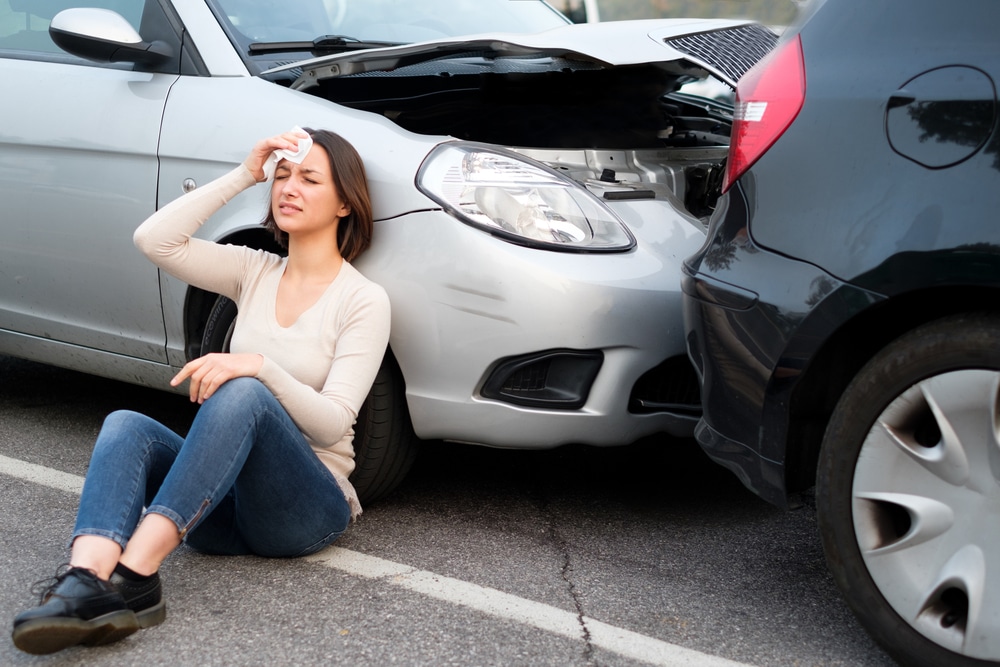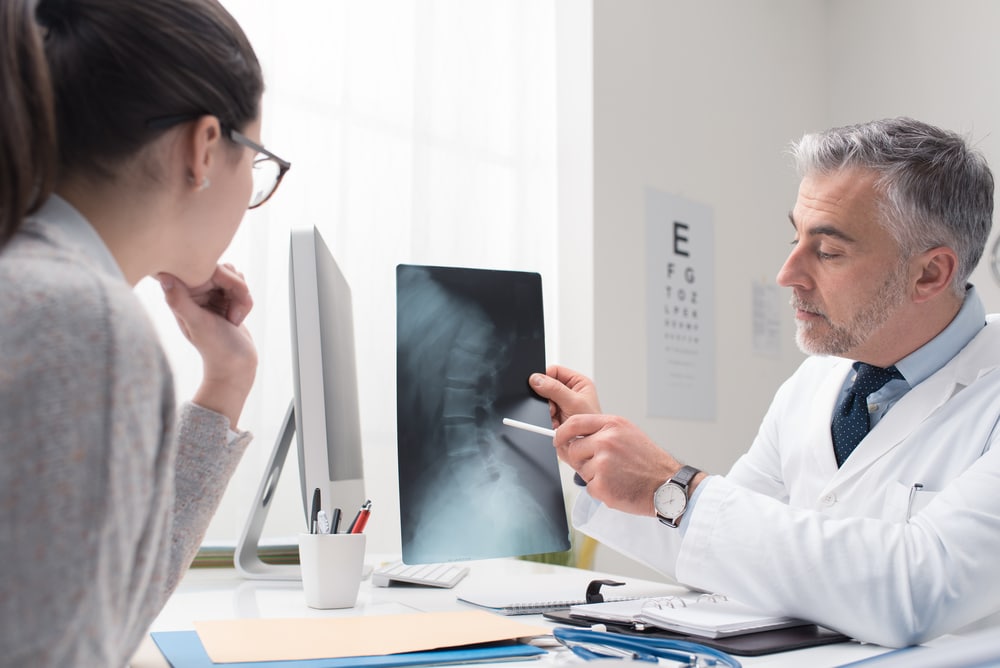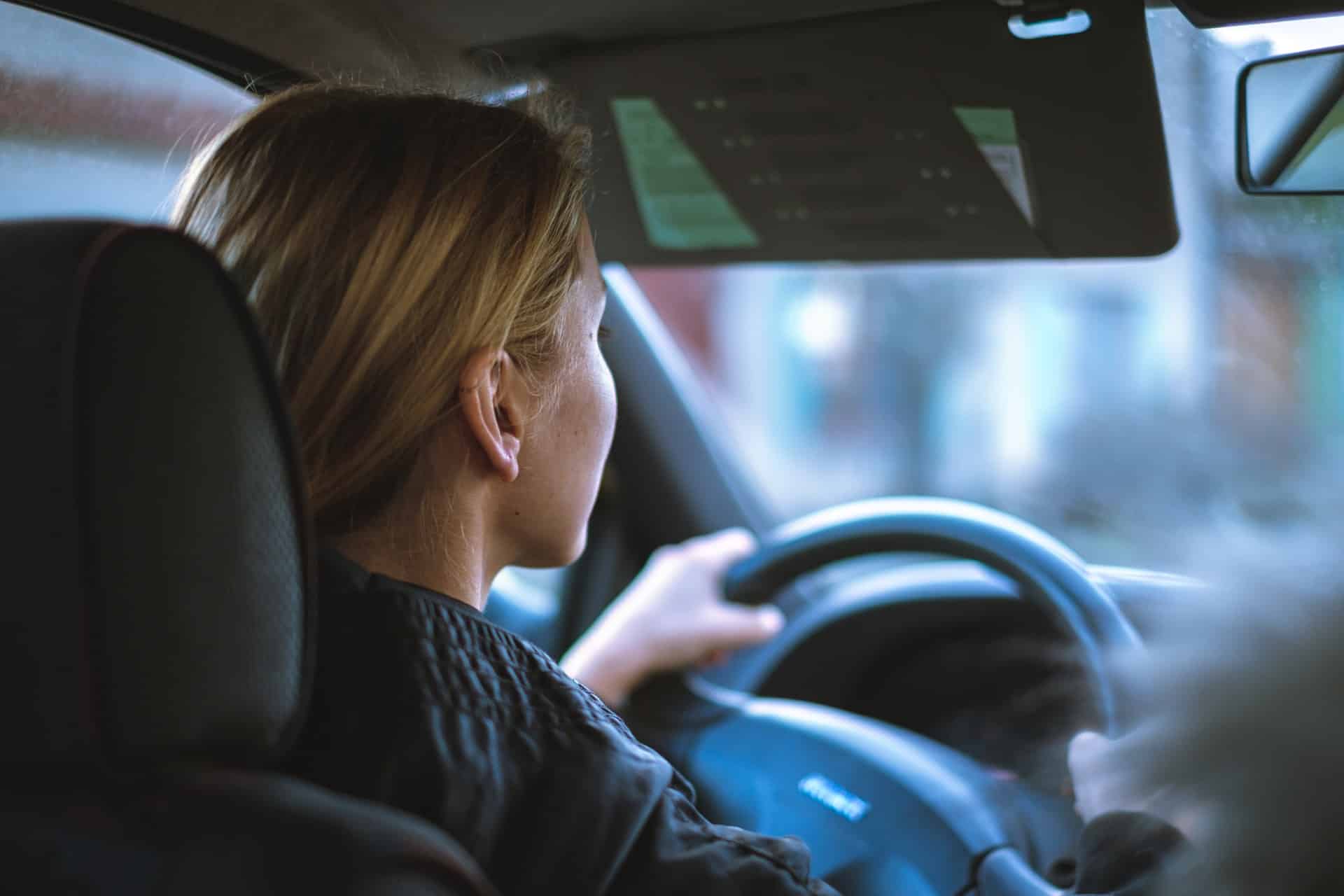
Few things can shake your confidence as much as a car accident, especially when it’s not your fault, or you never had a chance to react to change the outcome. You can sometimes leave the scene feeling like you’ll never get behind the wheel again. However, you don’t have to be trapped in your fear forever. There are ways to regain confidence after a car accident, such as these steps below.

When you purchased car insurance online before driving your car for the first time, you got to enjoy peace of mind knowing that your accident-related costs would be covered in the event of an accident. You may have hoped you’d never need to claim insurance, but that time has come.
Once you have all the details of your crash, contact your insurance company to work through the claims process. They can then help you repair your car or assist with purchasing a new one so that you no longer have to look at a damaged vehicle that rocks your confidence and prevents you from driving.

Many people worry that they physically aren’t ready to get back in the driver’s seat after a severe collision. Make an appointment with a doctor if you’re unsure whether your injuries have healed enough or you want to understand what your limitations might be.
Doctors can give you the all-clear to drive and may even recommend different levels of support you may require when you commence driving once more. It doesn’t hurt to receive confirmation from medical experts that all that’s holding you back from driving again is your own confidence levels.

Car accidents can take a considerable toll on your physical health, but your mental health doesn’t go unscathed. Some people experience PTSD, emotional distress, increased stress, and don’t feel comfortable discussing their feelings with friends and family.
Without expert help, your mental health may prevent you from being able to start driving and may even affect your everyday life. You might struggle to enjoy daily activities, withdraw from social events, experience depression, or even have nightmares.
Mental health professionals can provide you with the necessary tools to aid you in your mental recovery, such as exercises, controlled breathing, yoga, and even mindfulness meditation.
Thinking about your collision can be uncomfortable, which is why many people may decide to block out the trauma and carry on with their life as if nothing happened. This might allow you to start driving much sooner, but it may not solve the problem of ensuring you’re confident on the road and that all car accident thoughts aren’t overwhelming.
Thinking about the accident and even writing down details may help to desensitize it in your mind. The more often you think about it, the less upsetting it may be to recall. As you may need to relay the details of your car accident to your insurance company, this can be your first step to talking about it and thinking about it as much as possible.
Even though it’s important to regain your confidence and start driving once your doctor has given their approval, you still don’t want to rush if you know you’re not 100% ready to take your usual routes.
Start by sitting in the driver’s seat, turning on the car, and maybe even reversing into and out of your driveway a few times. Doing so may help you get a feel for the vehicle and remind you of how confident you once felt when driving.

You don’t have to jump straight into long road trips once you’ve physically recovered from your accident. Take small trips to local businesses or even begin by driving to the end of your street.
Build up your confidence by driving at the quietest parts of the day, such as at night once most people are home from work or before the morning commute begins. You may not need to run any errands, but simply being in the car and driving your familiar streets and roads may be all it takes to begin building your confidence back up.
It’s only natural to want to avoid the place where you experienced one of the most traumatic events of your life. However, the reality is that the majority of accidents happen within 10 miles of your home. There may simply be no way to avoid the scene of your accident forever.
In the early days after being given the all-clear to start driving, travel past the scene of your accident. Take a passenger for support if you need to. The more you drive past where it happened, the more confident you may feel in your driving ability and the more desensitized you may be to being on the road.
You might think that defensive driving lessons are for new road users, but they are for anyone. Many businesses offer programs for adults and nervous drivers so that you can feel more confident on the road.
These courses generally take place in a controlled, safe environment with vehicles featuring dual controls. If you struggle or aren’t able to continue driving, your instructor can take control of the car.
Defensive driving lessons can also provide you with some valuable skills to possibly prevent accidents in the future. While you may not think you’re eligible for such a course, there’s no harm in looking around and seeing what’s available.

After seeking professional help, having your vehicle fixed or replaced with your insurance, and slowly desensitizing yourself to your traumatic experience, you may now be ready to get behind the wheel with complete confidence.
The more you drive, the more confident you may become. Before long, you can be driving with as much sureness as you did before the accident ever happened.
It may surprise some people to learn that a car accident can make people fear driving. However, this doesn’t have to be a permanent problem. Take any of these steps above, and you may find yourself ready to get back behind the wheel sooner than you may have thought possible.
Find A Doctor | New York Doctors | New Jersey Doctors | Connecticut Doctors
Medical Services | Conditions Treated | Insurance | Contact Us | Privacy Policy | Site Map | Terms of Service | Blog | Advertising
This site does not provide or endorse any medical or legal advice. All medical practices listed on this site are independently owned and operated by licensed physicians. Learn more
Copyright © var currentYear = new Date().getFullYear();document.write(currentYear); Injured Call Today. All Rights Reserved.
